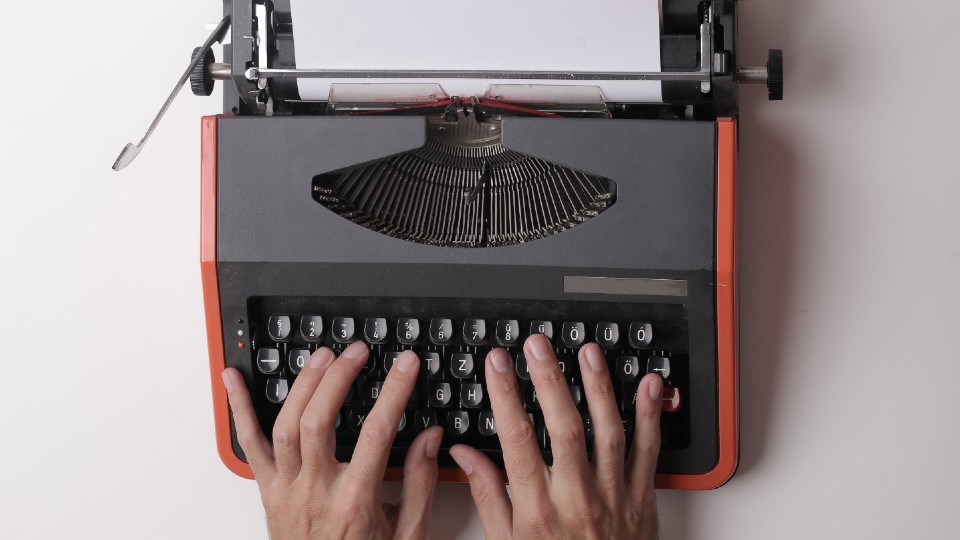BradfordToday received the following letter from Riffat Jahan, member of the Ahmadiyya Muslim Women's Association, regarding Quebec's Bill 21
*************************
I have read too many articles about the prohibition of religious symbols ever since the introduction of Quebec’s Bill 21. Many discussions have come about how the ban of visible religious symbols in Quebec is to enshrine the secular nature of the province, yet fails to acknowledge the obvious infringement of basic human rights. Is this the 21st century that has torn down the walls of exclusion and discrimination? Is this the new trending inclusivity and multicultural diversity of Canada?
Bill 21, entitled "An Act respecting the laicity of the State," was formulated to preserve the Quebec political system characterized by the exclusion of ecclesiastical control and influence. Humour, but not without a sense of irony, say, wasn’t the Muslims always put on the stand and judged for compulsion or coercing others? How has this bill not forged perturbing tsunami waves for all Canadians? Decency demands that we isolate and remove practices that unequivocally discriminate and disproportionately impact people who are already marginalized. All this is regrettable and cannot be remedied by being merely swept under the carpet. This evil must be recognized, faced and striven against.
Bill 21 says secularity should be "affirmed in a manner that ensures a balance between the collective rights of the Quebec nation and human rights and freedoms." Implemented in June 2019, this bill prohibits the visible display of religious symbols such as hijab, kippa and turbans. The preamble (Bill 21) also notes that Quebec "attaches importance to the equality of women and men" — an ostensible reference to the concern expressed by those in power that the hijab (the headscarf worn by some Muslim women) and the niqab (a Muslim veil) are officially labelled as symbols of female inferiority. This transgression against minorities and Muslim women specifically is a definitive violation of basic human rights.
If Muslim women are so oppressed; why didn’t any of us thank the magnanimity of the Quebec government for liberating and supporting us? Why are Muslim women speaking out to defend their most fundamental right? The government feels they are stopping oppression it is Bill 21, that is the oppressor. It is the Quebec government that is coercing and forcing Muslim women from expressing their beliefs and identity by wearing a hijab.
A fashion-forward notion that is viral in this era of convenience is the belief that religion and faith restrict freedom and impose constraints on individuality. However, in the Holy Qur’ān, God says that while people have been taught faith, they have not been overburdened in any respect. Our society has blindly crossed all kinds of lines where the interests of an individual are put on a pedestal and have become paramount. This has led to the alienation of families, teams, groups and even partners; it’s also a cause of increased suicide and divorce rates. People have detached all ties to humanity and made miles of fundamental differences in their societal norms.
Religion is not the oppressor, instead, oppression is willed upon us with extreme pressurization or by forceful implementation like Bill 21. In Quebec, oppression is being implemented through force and the power of the government. But what happens when the tolerable and diverse Canada becomes the oppressor and forces and bullies the women into an uncomfortable and unbearable state that is unimaginable for them?
The bill implies that a covered Muslim woman is an antiquated restriction that should be removed in this day and age. So, for your information and education, the hijab is for women and acts as a filter that, to a certain point, sieves evil and purges heinous thoughts away from the one observing it. To a Muslim woman, it is a divine security measure. Falsely interpreted by western society, it is not a means of oppressing or limiting women; rather, it has been prescribed to free Muslim women from social evils and provide them with the responsibility of safeguarding the moral standard of society.
By wearing a hijab in her daily life, a Muslim woman makes a statement; saying, that she deserves to be treated with the utmost dignity and honour; she also conveys the message that she does not have to rely on her physical beauty to have high self-esteem, or to be successful in life.
There is a common complaint from both Muslims and non-Muslims that the concept of the hijab is outdated and has no relevance in today’s modern society. They argue that it is prescribed by an old, backward religion that does not understand the workings of contemporary society. Clearly, it is the biggest myth today as my faith is my only saviour from all of today’s social ills.
Women are dehumanized and degraded and are blatantly and willingly turned into sex symbols or a mere marketing strategy. According to the US Department of Justice, 1 out of every 3 women has been a victim of physical and sexual abuse. Also in America, one woman is raped every 2.5 minutes. These are alarming statistics. (US Department of Justice, Bureau of Justice Statistics, September 2006). So it seems, Bill 21 was created to free me from the shackles of self-perseverance.
There is no oppression or subjugation under the banner of Islam on women like me who were raised in Canada; we are Muslim and choose to cover ourselves. Our veil not only protects our beauty but gives us strength and confidence to walk proud and give it our all; it gives us a unique opportunity to present before the world our true self. This is my belief, my faith and my identity. It’s more than just a piece of cloth, and it’s more than Bill 21’s tender of freedom, it’s part of my faith, it’s close to my heart and yes, it’s personal.



